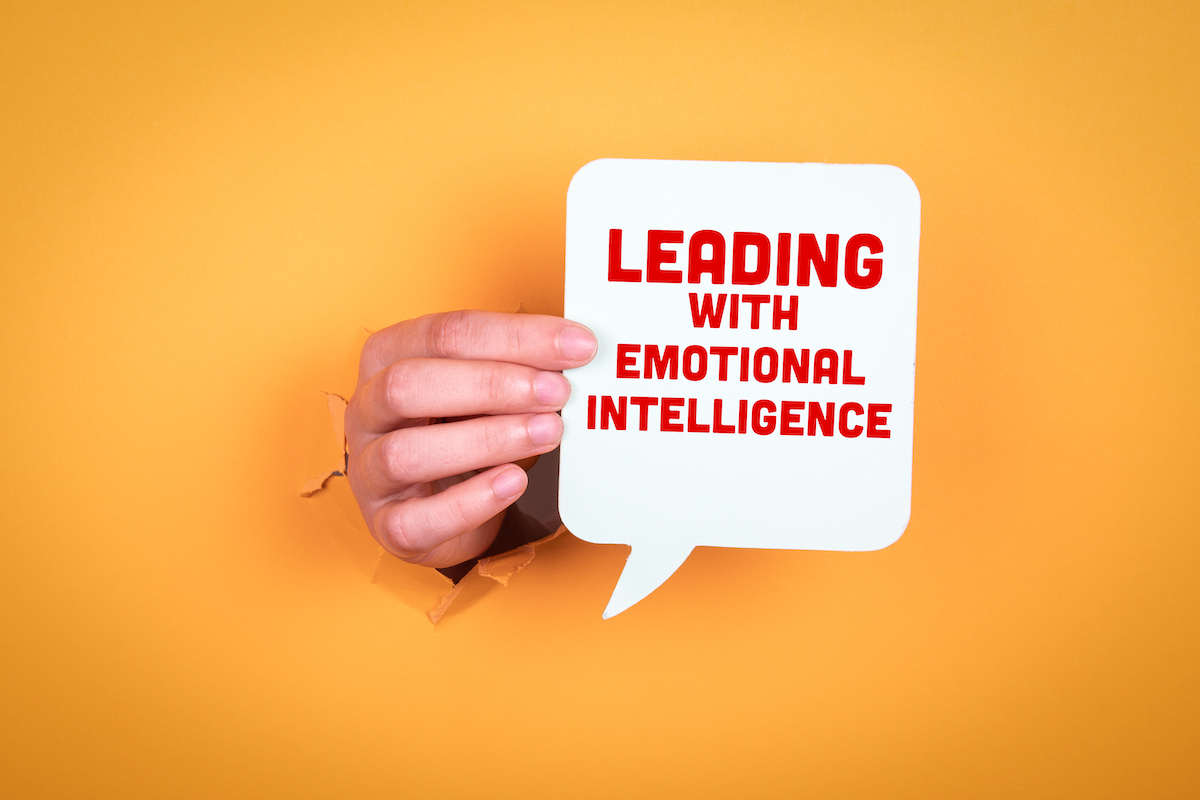On June 24, 2022, the U.S. Supreme Court reversed precedent in reversing Roe v. Wade. On July 7, 2022, Mississippi’s only abortion clinic was forced to close as trigger bans automatically criminalizing abortion went into place.
I spent an entire academic year of my life writing about—and two years researching—the history, medical basis, logic, emotional appeal and religiosity of the anti-abortion movement in America. My honors thesis, submitted in April 2021 for Wesleyan University, concluded with the sentiment that abortion criminalization, levied by the smiling face of a Catholic mother, “will disproportionately affect poor women and women of color who have less access to transportation, legal services and medical help than richer white Americans.”
In the month following the submission of my senior thesis, I wrote a paper entitled “Abortion Versus Abolition: Resisting the Rhetorical Violence of Anti-Black ‘Pro-Choice/Life’ Norms.” This paper negotiated the rhetoric used throughout the popular pro- and anti-abortion movements, from pop culture and advertising to legalistic frameworks. The detached, inauthentic, unemotional, and sometimes blatantly incorrect language and imaging the mainstream “pro-life” and “pro-choice” camps used increasingly upset me.
“The abortion topic is a rights-based, polarized debate, hyper-fixated upon American legalism,” I wrote. “By reducing the issues of ‘choice’ and ‘life’ to the simplistic binary language of il/legality, the abortion debate implicitly esteems American rights, medical systems and legal procedures. While the mainstream abortion debate relies upon an exclusionary language that normalizes the un-normalizable categories of ‘life’ and ‘choice,’ it locates these values within the legal episteme.”

While I adored my thesis and its imbrication of legal research, religious studies, American history and the Civil Rights Movement, I realized after submitting it how the political topic of abortion seemed to be locked away into a political or legal realm. This “locking away” began to feel like a betrayal that disabled us from understanding how our political commitments can and perhaps ought to permeate into our social circles as well as into our modes of communicating and understanding.
Governmental rights and legal permissions come from our common ethics and from trusted judicial bodies. Given the widespread mistrust of our legal and judicial bodies at present, it is important to search for the actual origins of the value of our reproductive decisions rather than simply appealing to a grab-bag of legal and political jargon that is used, often uncritically, to argue for or against illegality.
Emotional Intelligence Disrupts Societal Barriers
Over the past several months, I have been trying to open up more and engage in authentic communication with the people around me. I have attempted to be clear and honest about my reactions to stimuli, rather than blindly affirming others to hide my own discomfort. I have aimed to speak openly about my OCD and how it may impact my ability to deal with challenging topics on certain days.
When my friends have asked me about mental health-related topics, I have tried to clearly indicate when I do and do not have the capacity to discuss these things, while also mentioning that we may come back to these more challenging subjects at a different time. I have also, importantly, tried to tell my friends when I am struggling with loneliness, which I often do the longer I live in Mississippi, as well as tell them how much I appreciate their company.
Ultimately, as I attempted to be forthcoming, I found that my newly cemented personal boundaries alienated some of my close friends. I had always prided myself on my emotional maturity, something I found slipping away the longer I lived in Mississippi. Trying to reignite this maturity once again prompted me to realize that emotional intelligence is not only difficult to develop, but can be painful to maintain—and indeed develop anew—in changing social landscapes.
Emotionally mature conversations require both parties to leave their egos at the door, to open their minds and prepare to empathize, and to give the time to articulate themselves authentically.
‘Less Ego-guided and More Open-minded Discourse’
What does this have to do with the anti-abortion movement? These issues of justice are not my small, idiosyncratic personal issues. Anti-abortion laws are weighty, socioeconomically impactful statements about human rights, women’s rights, reproductive control and personhood in this country. These laws indicate where and how women and other folks may have a say over their reproductive/medical choices and where these people are at risk for unsafe abortions.
Anti-abortion laws also restrict our freedom of choice in tandem with our freedom of speech and right to privacy. Such laws welcome increased scrutiny and policing, particularly with regard to women as a whole, to trans people, to poor people, to Black and indigenous women, and to other minority groups who are more likely to either seek out abortion care or to find themselves at-risk for policing in the first place.
Everybody enters every conversation—personal and political—with bias, preconceived notions, and misunderstanding. In fact, a year in the real world outside of undergraduate research has led me to believe that misunderstanding seems to be the baseline of all conversations.
Opinions are formed within an incommunicable, personal subjective. Then, when funneled through imperfectly idiosyncratic communication channels, they are inherently distilled. Honest conversations require us to acknowledge all that we cannot know about the things that we feel and say. Transparency about our personal capacities, perspectives and experiences brings us closer to understanding and true connection, from personal issues to political topics (if these spheres can even be conceived of separately).

Operating in the world with emotional maturity that stems from empathy is crucial in understanding and relaying the honest truth of folks’ experiences with reproductive control.
We all deserve to live in a society that locates the validity of an action in its ethics rather than its simplistic “il/legality,” per se, especially when it appears that legal and illegal behavior is subject to immense confusion based on a person’s race or zip code. We all deserve to live in a society where the discourse is more robust than simply “pro-choice” or “pro-life.” We deserve a social rhetoric that understands how limited the majority of Americans are in their medical choices.
We cannot come into a true understanding of the limits of either conservative or neo-liberal discourse if we do not practice less ego-guided and more open-minded discourse in general.
In fact, much of the discourse about the pro-choice movement had been relegated into a political rhetorical sphere where women’s marches and organizations touting pink and purple logos could charge into the debate head-on, on our behalf, evocative of the American political environment of my lifetime.
Perhaps our eagerness (or our emotional need) to pawn political struggles off to representatives, governmental or otherwise, is the reason we have not seen significant systemic changes in policing, medicine, family care or welfare programs. While Black Lives Matter protests caught public attention, their impact seems to remain a rhetorical one that shapes acceptable language rather than a systems reaction that wrangles power from our police.
As generations of American activists before us have known, the struggle does not end in the public square. Inequity shapes everything about our society, culture and lives. This is not to say that we ought to talk 24/7 about inequalities—so many minority groups have already been forced to live and relive their trauma.
I believe that we can advance the social causes we care about, not just through the material about which we speak, but via the modes that we use to speak. Come into conversations with an emphasis on empathy, boundaries, mutual care and respect.
This practice draws these most significant ethics out of relegation and into conversation.
This MFP Voices essay does not necessarily represent the views of the Mississippi Free Press, its staff or board members. To submit an essay for the MFP Voices section, send up to 1,200 words and factcheck information to azia@mississippifreepress.org. We welcome a wide variety of viewpoints.






